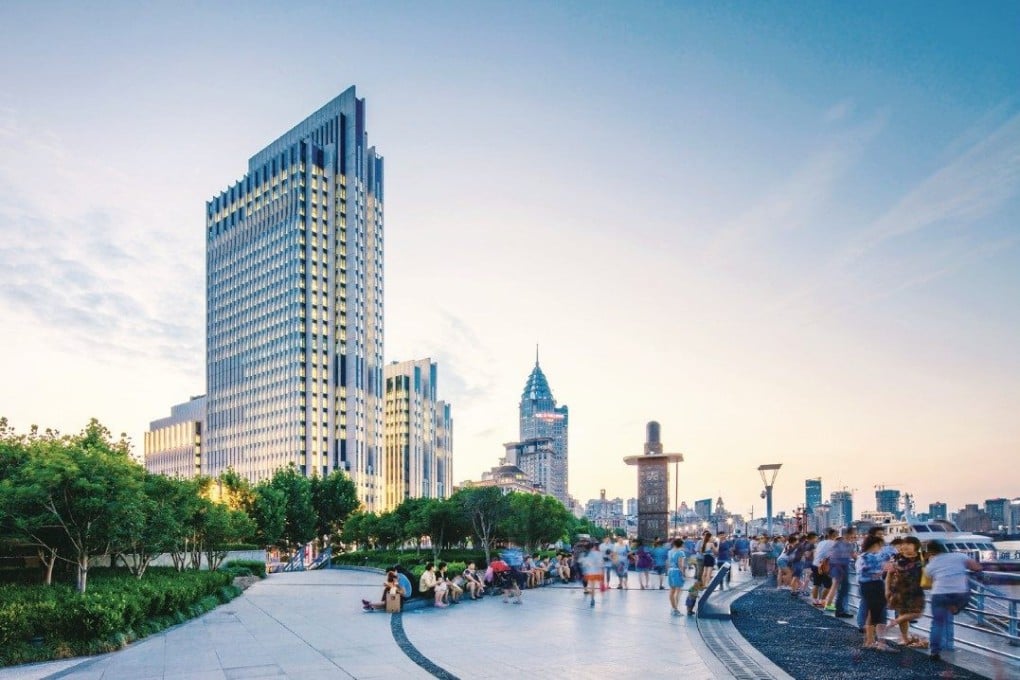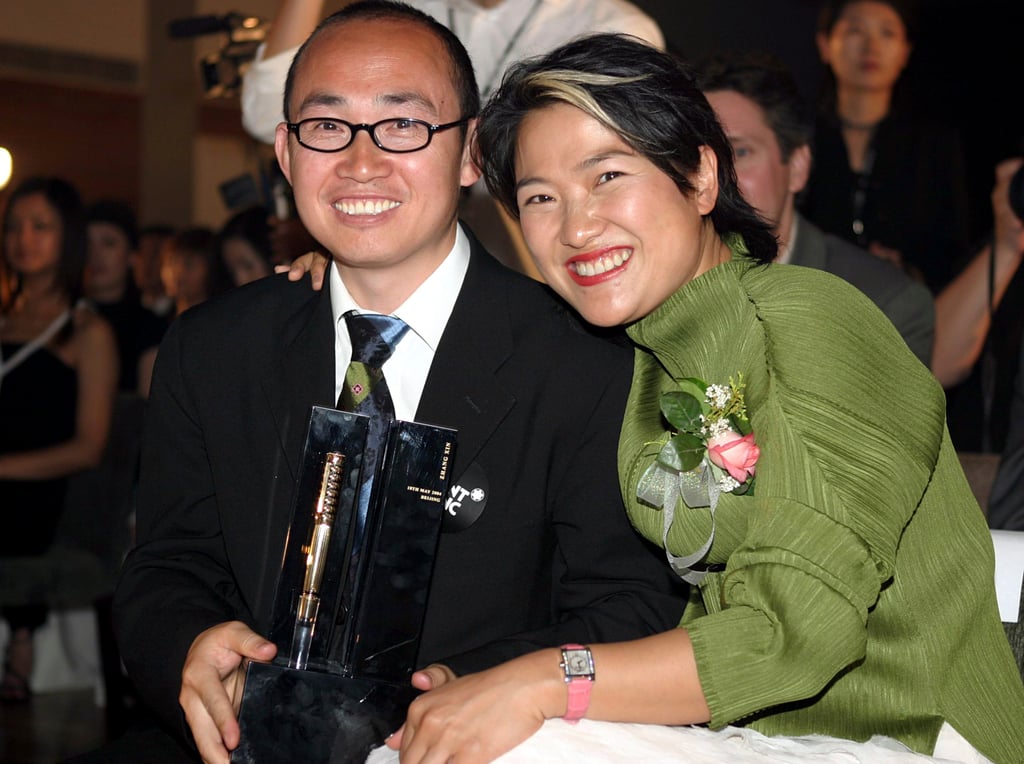Soho China’s billionaire founders relinquish top roles to pursue philanthropy after failed bid to sell company
- Pan Shiyi stepped down as chairman while his wife Zhang Xin gave up the CEO post to pursue arts and philanthropy. Both will remain as executive directors
- The retreat follows a slump in China’s property market and controversy after the Blackstone Group walked away from a takeover offer last year

The founders of Soho China, whose projects give Beijing its futuristic skyline, are stepping down from key positions in the group to pursue interests in philanthropy and arts, joining other top executives in boardroom and management retreat.
The property investment group said Pan Shiyi has resigned as chairman while Zhang Xin quit as chief executive with effect from September 7, according to a stock exchange filing on Wednesday. The husband and wife will remain as executive directors of the entity they built from scratch in 1995.
Pan and Zhang resigned to “focus on supporting the arts and philanthropic pursuits”, according to the filing. The couple established a charity, Soho China Foundation, in 2005 to support underprivileged families through various education initiatives.
Soho China named Huang Jingsheng as non-executive chairman, and promoted company veterans Xu Jin and Qian Ting as co-chief executive officers.

The changes at the top follow failed attempts since 2020 by the founders to sell their controlling stake to the Blackstone Group. The US private equity giant walked away from a transaction last September that valued Soho China at HK$5 per share or US$3.3 billion. The aborted deal triggered a probe involving its chief financial officer for possible insider trading.